Drink Up For Winter Hydration - By Lori Pine
Dehydration, the loss of body water, is not a summer problem. We can become dehydrated even as the thermometer drops. When the weather is cold, people don’t drink as much because they don’t feel thirsty.

As the air becomes cooler during the Fall and Winter months, many, including athletes, fail to stay aware of the water loss that still occurs despite the cool air, rain, and snow. Outdoor athletes will wear more clothing to keep warm, and this adds to increased fluid loss. Our bodies work harder under the extra weight of extra clothing. Even the suits many athletes wear retain body heat create sweat and fluid loss before ever feeling thirsty because sweat evaporates quickly in cold, dry air.

Why do we need to drink water? It is necessary for life! Babies’ bodies are approximately 78% water, toddlers 65%, men 60%, and women 55%. Blood is mostly water, and your muscles, lungs, and brain all contain a large amount of water. Water provides the means for nutrients to travel to all your organs, transports oxygen to your cells, removes waste, and protects your joints and organs. If there is not enough fluid left in your system after digestion, the shortage of fluid for your muscles will lead to muscle aches, pains, and cramping.

Your body sweats to get rid of excess heat, and as the sweat evaporates you cool off. Exercise will increase your core body temperature and fluids help keep your temperature from reaching dangerous levels. When we lose body water, our heart also has to work harder.
If you wait to drink until you feel thirsty, you are already a quart low, which for an athlete may mean up to a 15% decline in maximal performance capacity. Stay at 95-100% hydration all of the time.

To prevent dehydration, drink a glass of water each hour. An easy way to accomplish drinking half of your weight in ounces of water each day is to drink an 8 or a 10-ounce glass each hour on the hour. Drink until your urine is clear to pale yellow.
Though the amount of water you need may depend on your age, gender, level of physical activity, altitude and climate, an easy method with which experts agree upon is that the amount of water one needs for health and ideal weight is half of one’s weight in ounces of water each day.
Body weight (in pounds) / 2 = Daily Fluid Needs in Ounces

Hydrate before you exercise. The American College of Sports Medicine recommends that athletes drink 16-ounces of non-carbonated and non-caffeinated fluids prior to exercise. Sipping on a sports drink containing sodium for the last hour prior to the event will help increase absorption of the water into your cells, and also prevent muscle cramps. In extreme cold, try hot chocolate to warm up your core.
Don’t neglect electrolytes when training or racing longer than an hour. You will need electrolyte replacement in addition to fluid replacement. The five most important electrolytes to consider include sodium, chloride, potassium, magnesium, and calcium.

Hydration within 45 minutes of endurance training or an event is an essential to aid recovery. Fluids along with protein and carbohydrates soon after an endurance event will help repair and rebuild damaged tissue. A sports recovery drink with carbohydrates and electrolytes is recommended. Whole, nonfat or chocolate milk is also an excellent recovery drink and source of hydration because it is composed of 87% water and 13% solids. Milk is an excellent source of calcium, protein, carbohydrates and Vitamin D, contains the right percentage of potassium and sodium, and helps maintain ideal electrolyte balances.

As you put on your skis, go for a cold weather run or hike, or attend your daily water aerobics class, be aware and maintain proper hydration for better performance and recovery. Grab your water or sports drink even if you don’t feel thirsty, and DRINK UP!
About the Author:
Lori Pine is the Programs Director at In Motion Fitness in Chico, California where she supervises the aquatics and fitness departments, directs youth and safety programs, and trains clients of all ages. She received her M.A. at California State University, Chico. Lori is an A.C.E. Personal Trainer, APEX Nutritional Counselor, an AEA member, and visioning board member for ICAA. She holds specialty certificates in Nordic Walking, Youth Fitness, BOSU, Body Bar, STRONG, GRAVITY, Drums Alive, Gliding, and Kettlebell. She has 25+ years of teaching, sports conditioning, and recreation and leisure activity experience in schools, the community, camps, and the fitness industry. Lori has presented lectures / demos on balance training, components of fitness, getting started in an exercise program, and exercise for cancer patients. She produces events among them the Body And Mind conference “B.A.M.”, and raises funds annually for the American Cancer Society. She can be reached at j916grif@aol.com






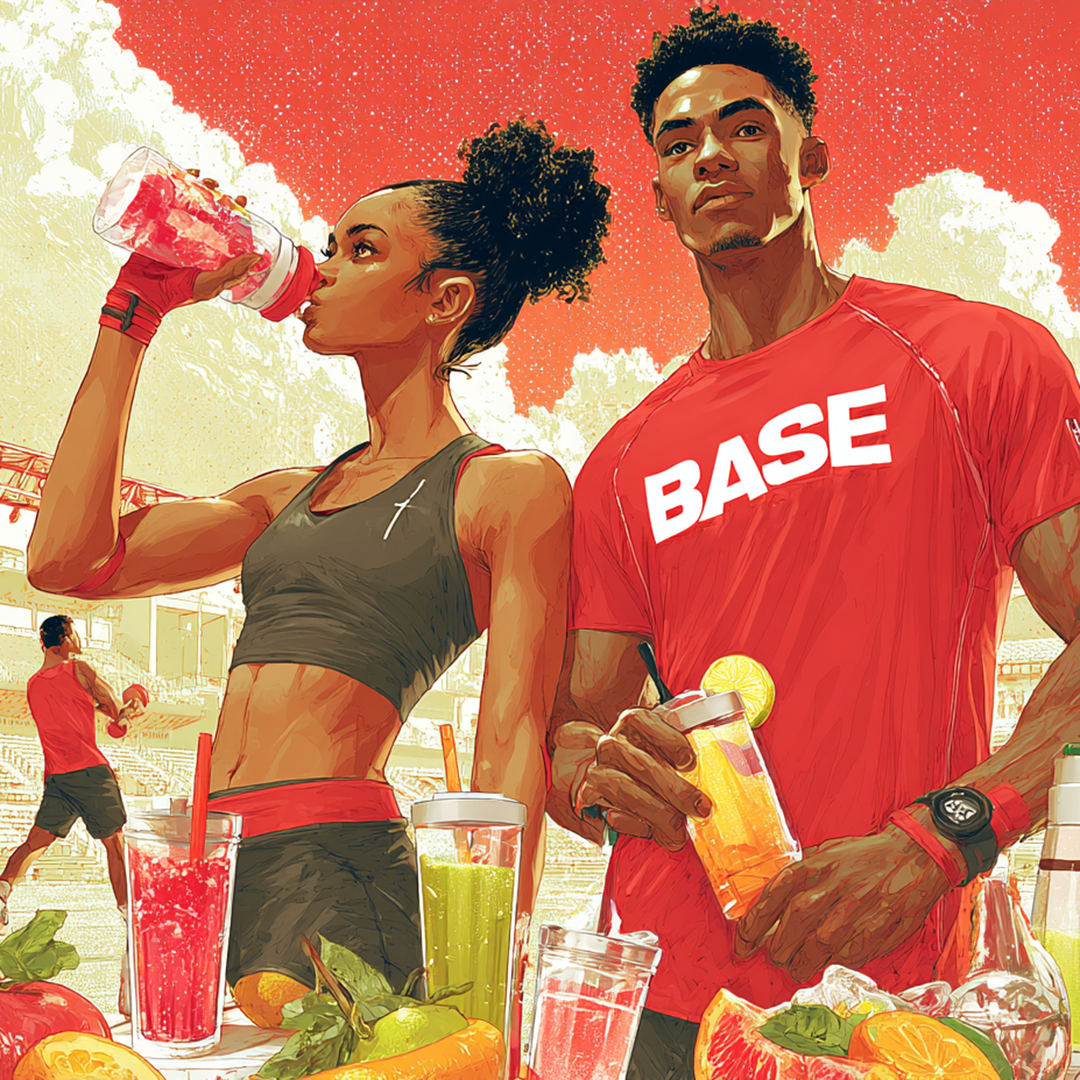
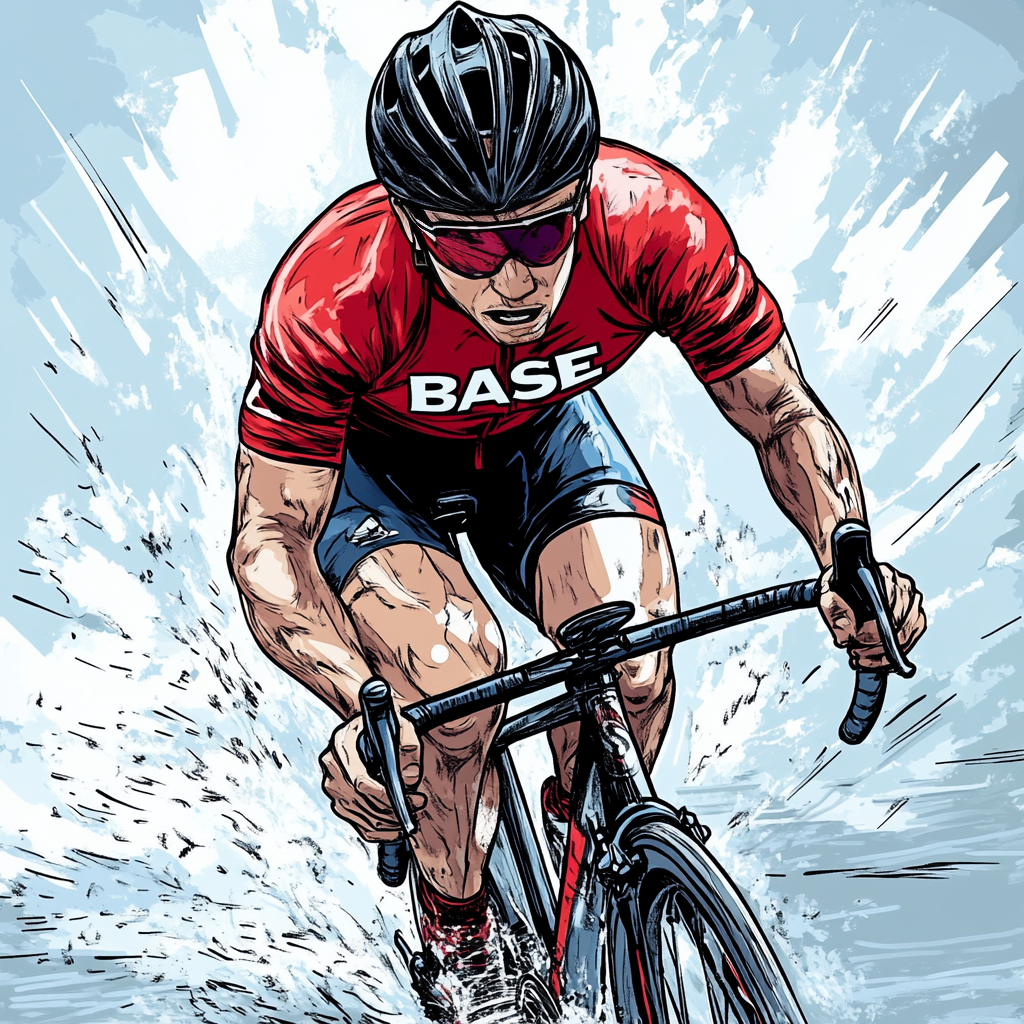
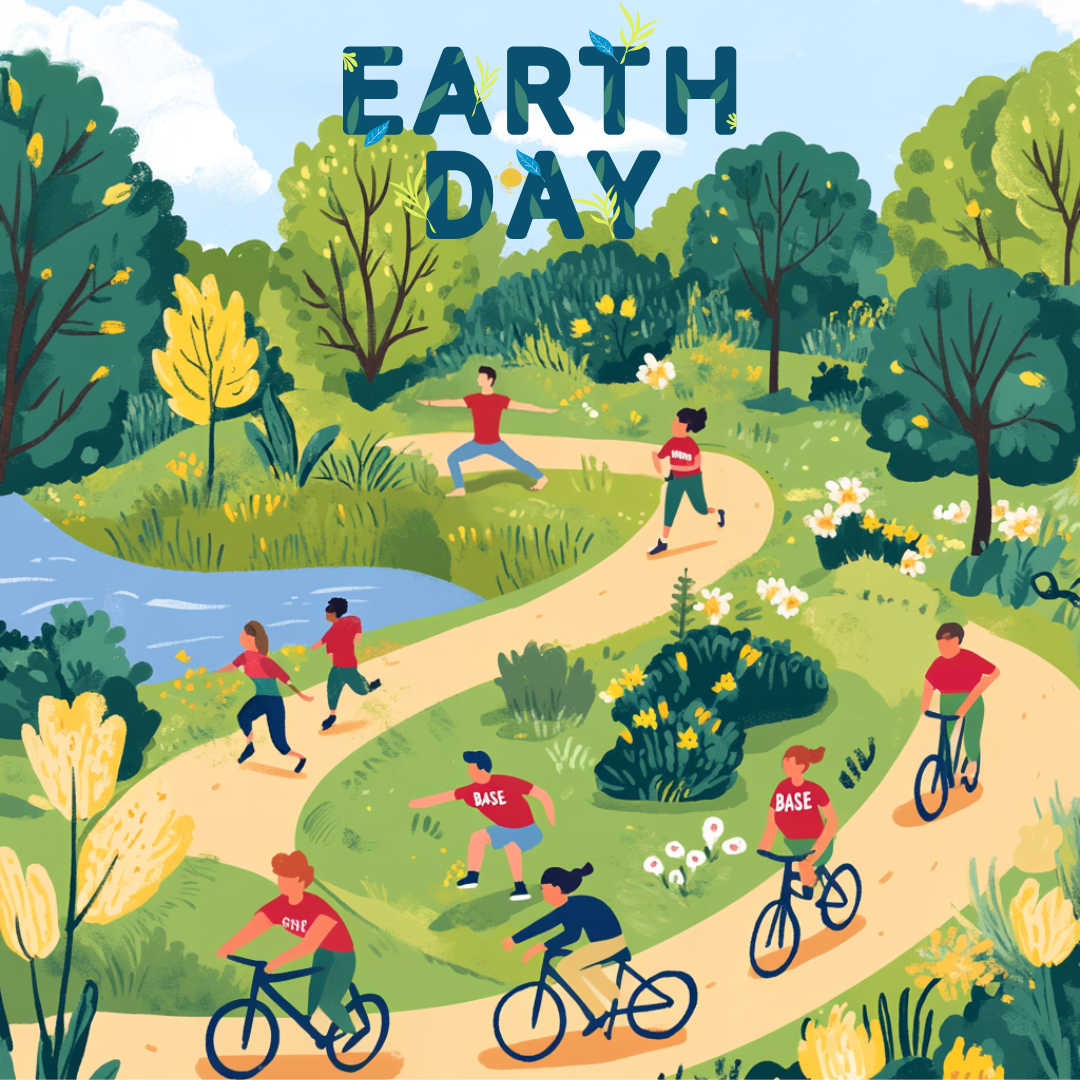
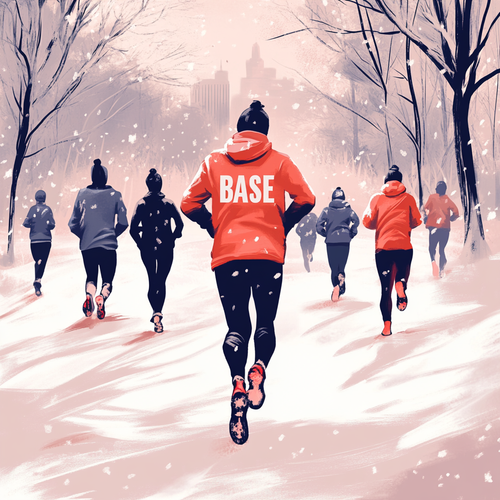
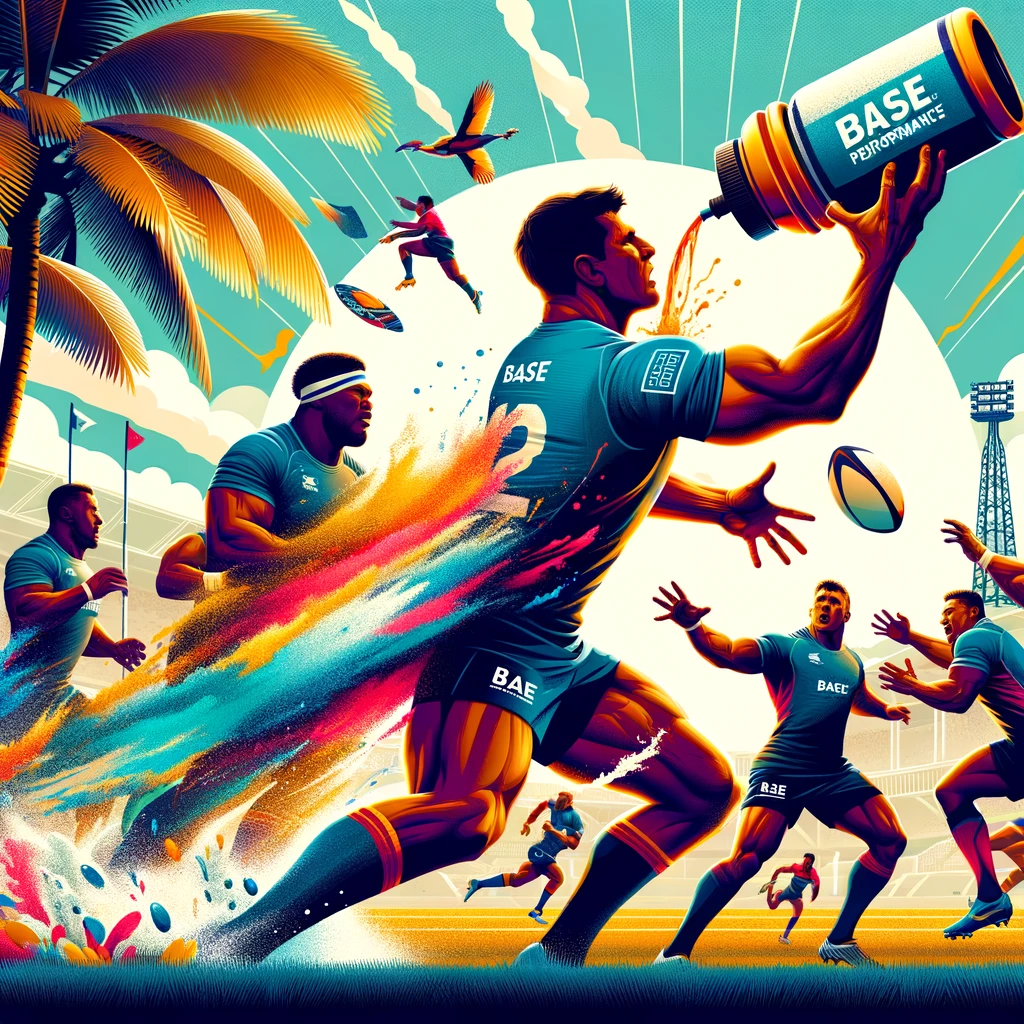
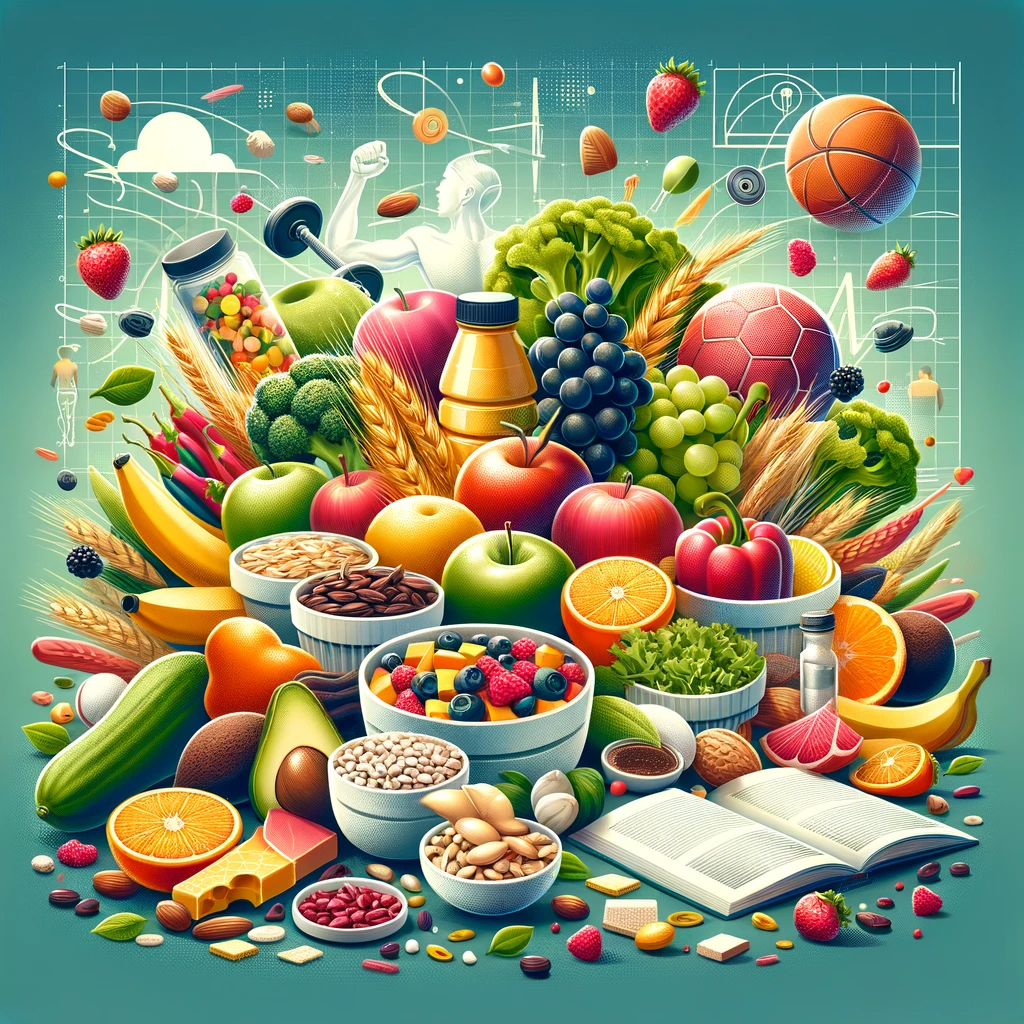
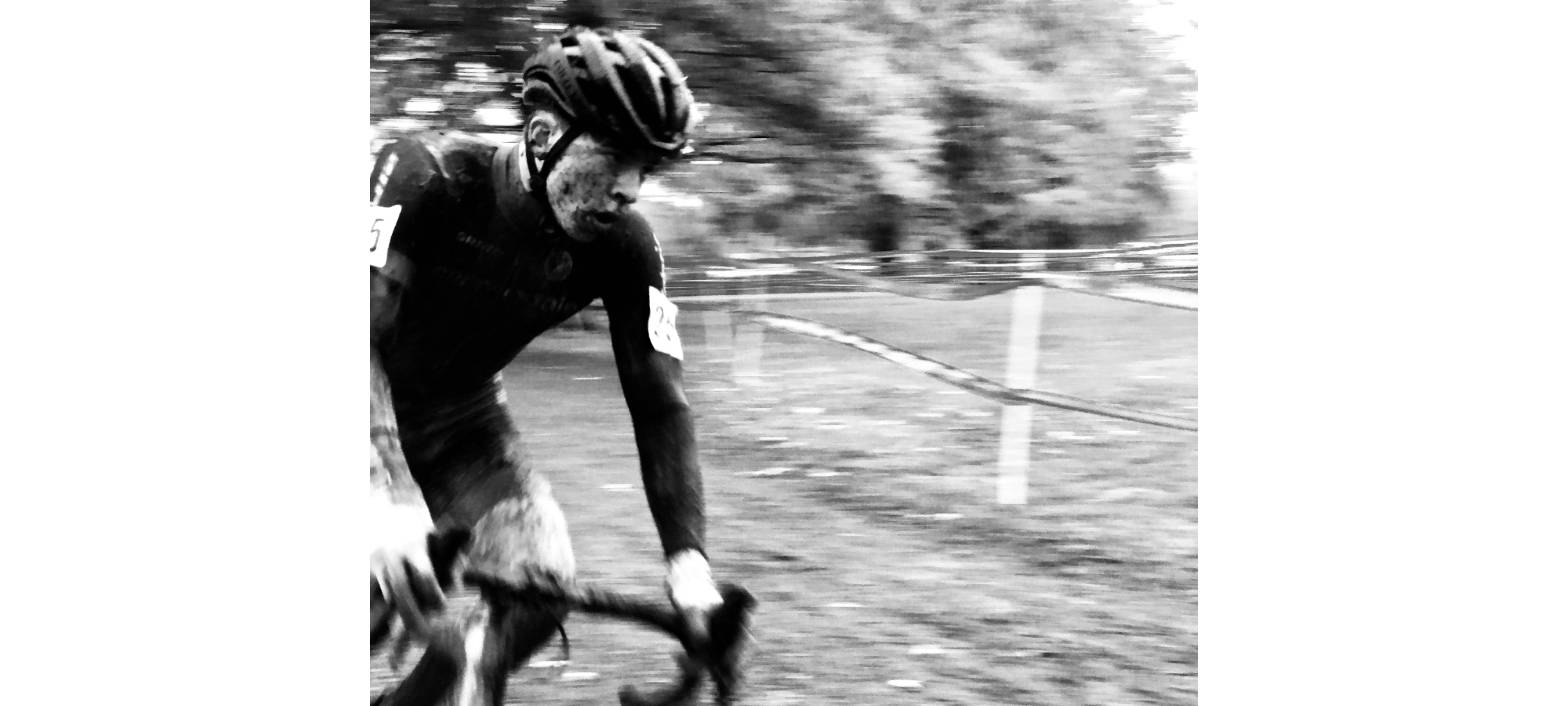
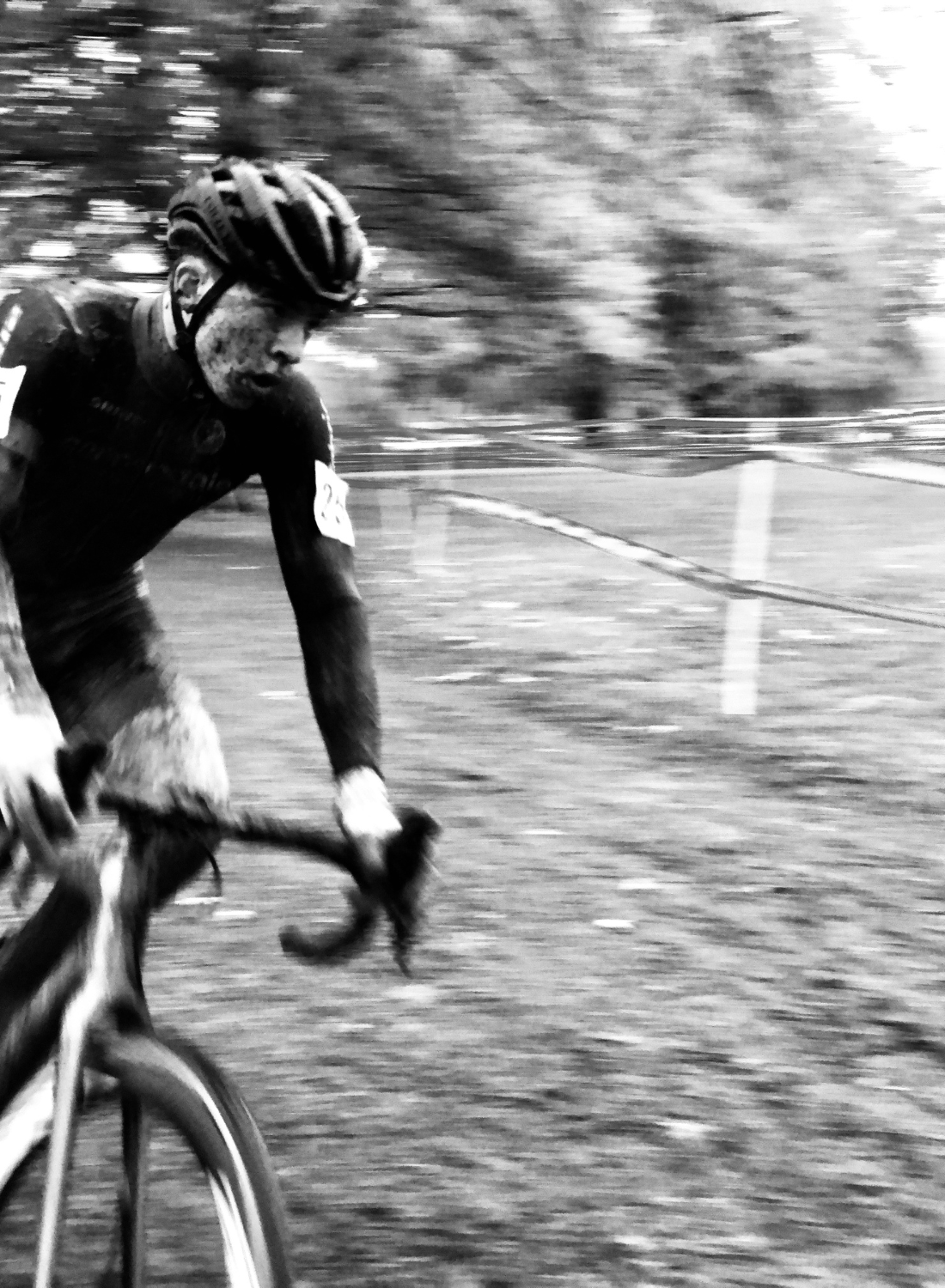











Leave a comment